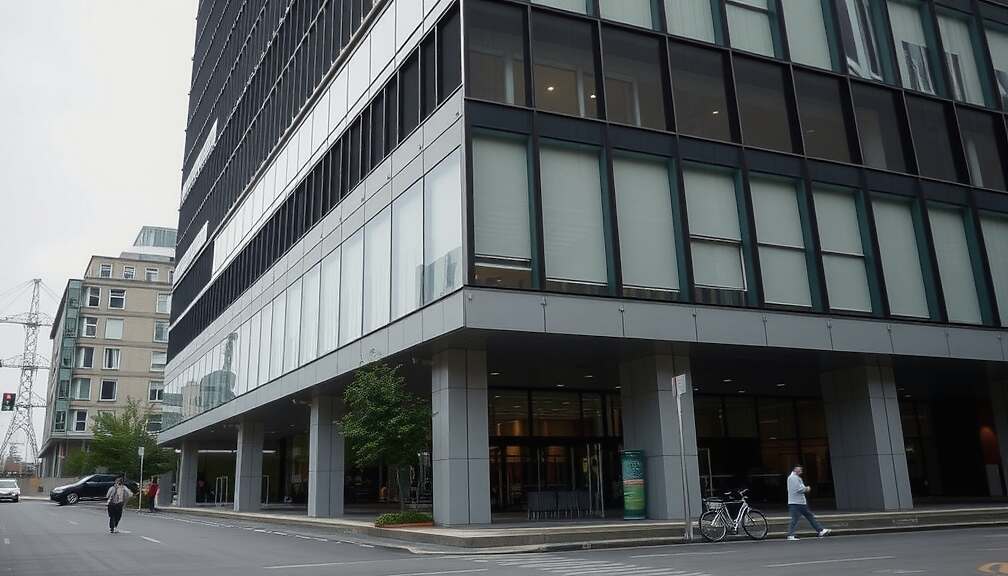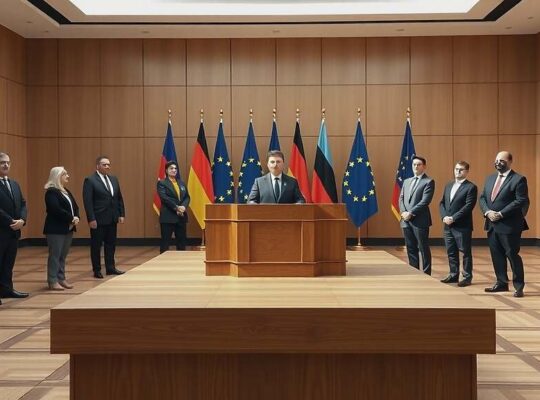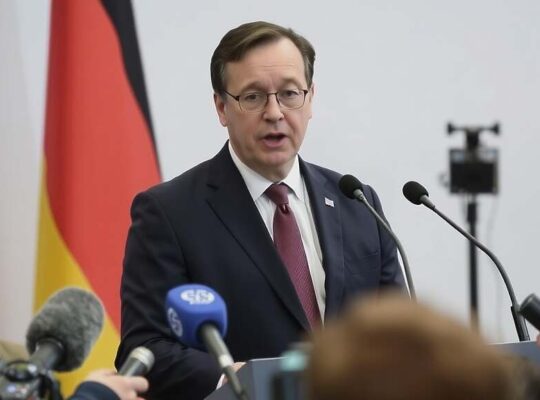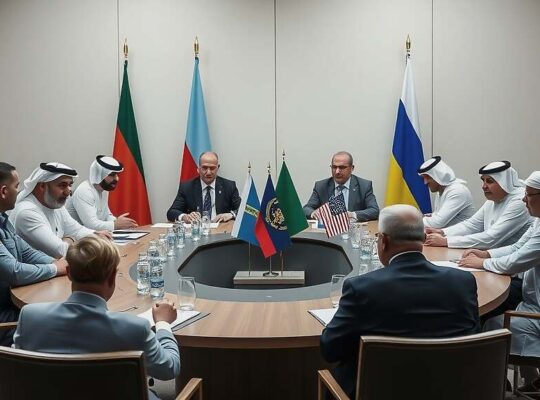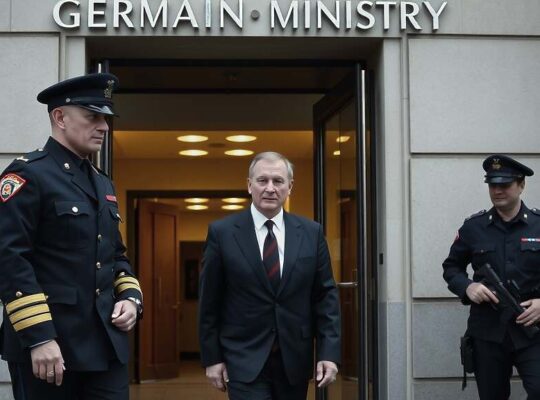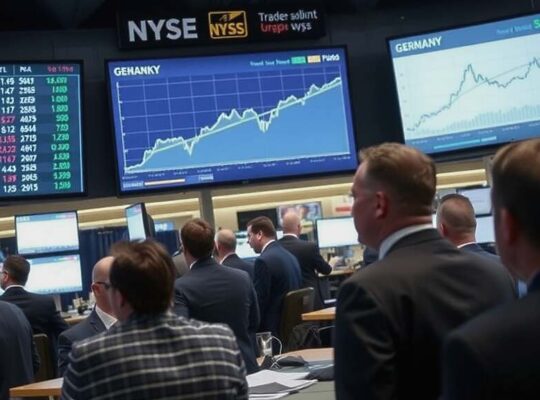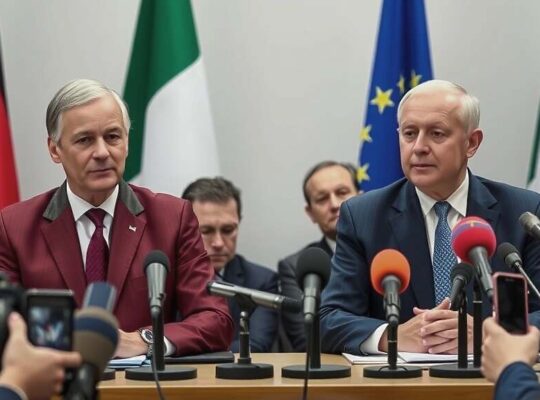The German defense technology firm Hensoldt is significantly expanding its operations in Ukraine, signaling a deepening and increasingly complex partnership between the two nations, particularly as Kyiv rapidly evolves from recipient of aid to an active industrial collaborator. According to an exclusive interview with Hensoldt CEO Oliver Dörre published in Handelsblatt, the company plans to establish a liaison office in Kyiv within the coming weeks.
This move reflects a burgeoning recognition within German industry – and increasingly within government circles – that Ukraine’s defense sector has demonstrated remarkable innovation capabilities in a surprisingly short timeframe. Dörre emphasized the potential for mutual benefit from this evolving relationship, highlighting Ukraine’s emergence as a “true industrial partner”. Hensoldt’s sensors, already integrated into the German-manufactured Iris-T air defense system deployed by Ukraine, are proving invaluable in the ongoing conflict.
The expansion isn’t solely altruistic. Hensoldt is explicitly leveraging the partnership to accelerate its own ambitious growth targets, intending to multiply its production capacities up to twentyfold over the next few years. This aggressive expansion is framed as a focus on short and medium-term capacity building.
The development is occurring amid a visit by a ten-member German business delegation, accompanied by Economics Minister Katarina Reiche (CDU), underlining the government’s increasingly proactive engagement with Ukraine’s burgeoning defense industry. Reiche’s comments reinforce the shift in perception, asserting that Ukraine is no longer simply a beneficiary of assistance, but a “talent forge” and partner. While this presents opportunities for cooperation, synergies and growth, critics point to potential implications. Concerns are already arising regarding the reliance on a nation embroiled in active conflict for critical components and technological advancements, raising questions about supply chain vulnerabilities and the broader geopolitical risks embedded in this deepening industrial relationship. Furthermore, the rapid pace of expansion raises questions about potential overdependence on the Ukrainian defense sector and the ethical considerations surrounding profit-driven involvement in ongoing warfare.


